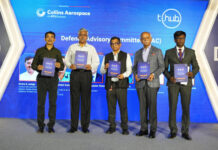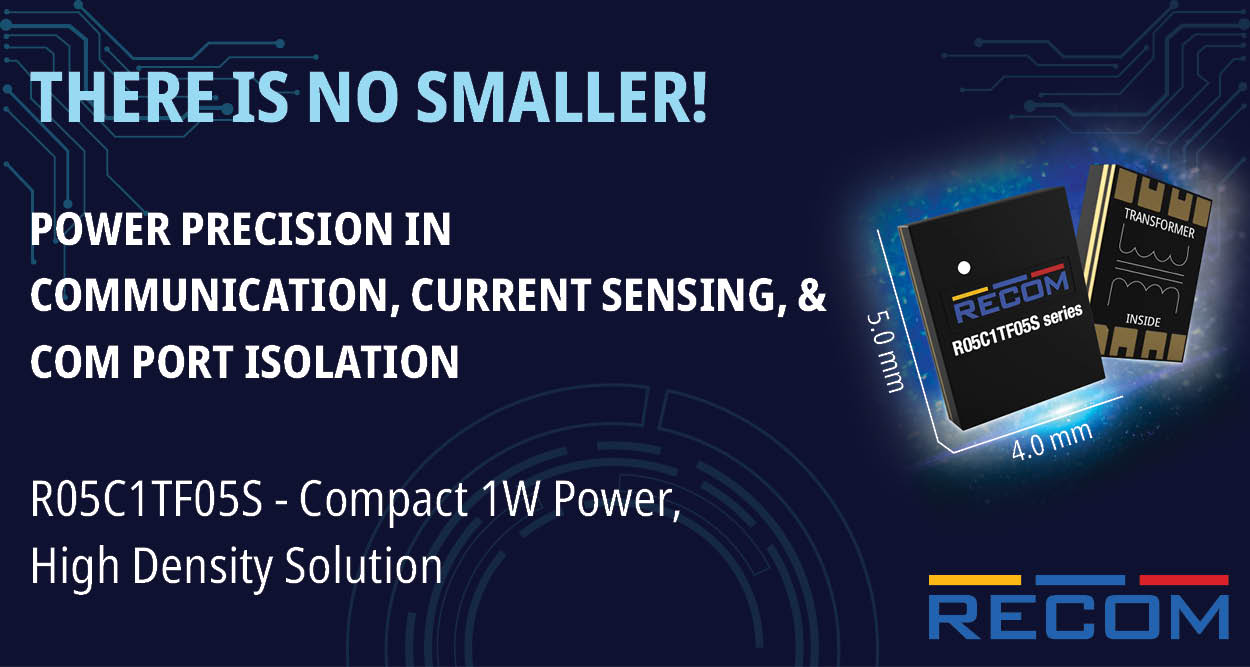The Indian government has made significant strides in enhancing the business environment for the electronics sector by introducing a more efficient parallel testing process for products under the Compulsory Registration Order (CRO) of 2021. This new approach significantly reduces the time required for testing and registering electronic products, cutting it down from the previous 16-20 weeks to just 8-12 weeks. This change is expected to expedite the market launch of these electronic items.
ICEA has been consistently raising industry concerns regarding unwarranted delays in obtaining the testing certificates required for the launch of any new electronic items. We have been working closely with various relevant government bodies like BIS, the Department for Promotion of Industry, and Internal Trade (DPIIT), the Ministry of Electronics and IT (MeitY), and the Department of Consumer Affairs (DoCA).
ICEA acknowledges the government’s prompt action in implementing this more efficient testing process. “This development will allow Original Equipment Manufacturers (OEMs) to choose the most suitable testing method for their products, thereby reducing certification timelines, preventing launch delays, and ultimately contributing to a more conducive business environment for the industry”, said Mr. Pankaj Mohindroo, Chairman- ICEA.
India Aims for Tech Manufacturing Lead: Streamlined Testing Fuels Industry Growth
Initially, in September 2022, the Bureau of Indian Standards (BIS) conducted a trial run to assess the viability of parallel testing for electronic items, focusing exclusively on mobile phones. Following the trial’s success, BIS has expanded this method to include 64 CRO-notified products such as wireless earphones, headphones, laptops, notebooks, tablets, and mobile phones. As of January 9th, 2024, BIS has officially made parallel testing a permanent option, as indicated in the updated Guidelines for Parallel Testing for Electronics and Information Technology Goods under CRO 2021.
According to the guidelines, all the components that require Registration under CRS can be sent for testing in parallel at any of the BIS labs /BIS recognized labs. Under the parallel testing regime, the lab will test the first component & issue a test report. This test report no. along with the name of the lab mentioned in the test report of the second component. This procedure will be followed for subsequent components & final product also.
The BIS lab/BIS recognized labs can initiate testing of the battery without the R-number of the cell. The lab will mention the test report no. along with the lab’s name (in place of the R-Number of the cell) in the final test report of the battery. Parallelly, the lab can initiate the Mobile Phone testing without the R-number of cell, battery & adaptor. The lab will mention the test report number(s) & name(s) of the lab for these components in the final test report of the mobile phone. The lab will evaluate the test report of the cell and issue the test report of the battery. Similarly, the lab will evaluate the test report of the battery and adaptor before issuing the test report for the Mobile phone.
Mr. Mohindroo mentioned that “it is time for India to become a manufacturing powerhouse for the world and any obstacle in the path of realising this ambition should be weeded out”.















